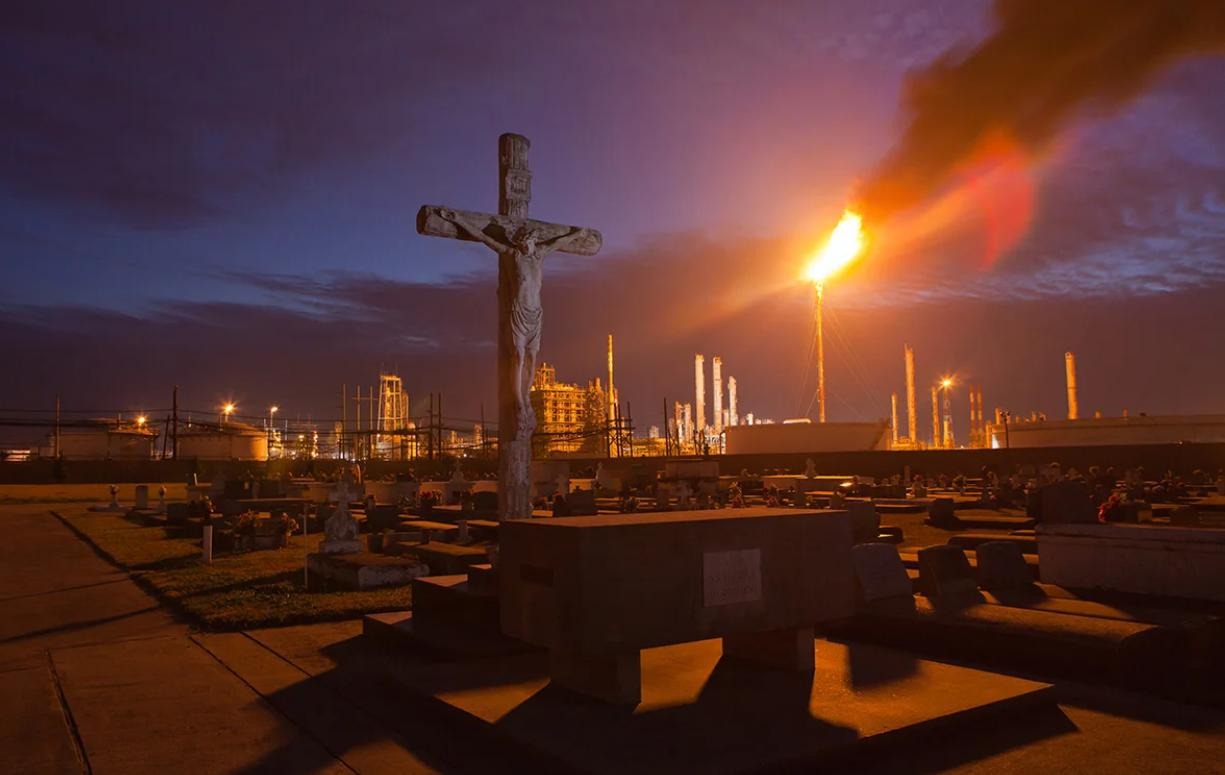Petrochemicals are an environmental and public health disaster. What you need to know.
As we move towards zero-emissions and 100% clean energy, the oil and gas industry is launching a last-ditch effort to protect its profit, betting big on petrochemicals: toxic chemicals made from oil and gas that are used to make plastics, industrial chemicals, and pesticides.
In the U.S., the industry is planning a massive build-out of petrochemical plants. Many of these facilities are planned in low-income communities and communities of color already overburdened by pollution and a long history of environmental racism. If the build-out goes forward, it will lock in more climate pollution, plastic waste, and toxic chemicals that poison our communities.
Earthjustice is fighting to stop the petrochemical boom in its tracks — and we need your help. Here’s what you need to know.
1. Petrochemical plants use oil and gas to make plastics, industrial chemicals, and pesticides.
Petrochemicals are derived from crude oil and fracked gas. Lifecycle of Petrochemicals: Shale gas is extracted through fracking. Fracked gas liquids are separated from fracked gas, and refined into their distinct products, such as propane, butane, and ethane. Under high pressure and temperature, ethane is broken down into ethylene — the building block of most plastics. Toxic chemicals from discarded plastics can leach into groundwater.
Read more: earthjustice.org
Photo: earthjustice.org


Leave a Reply